Historical Accuracy in Assassin's Creed Games
- Oct 11, 2024
- 9
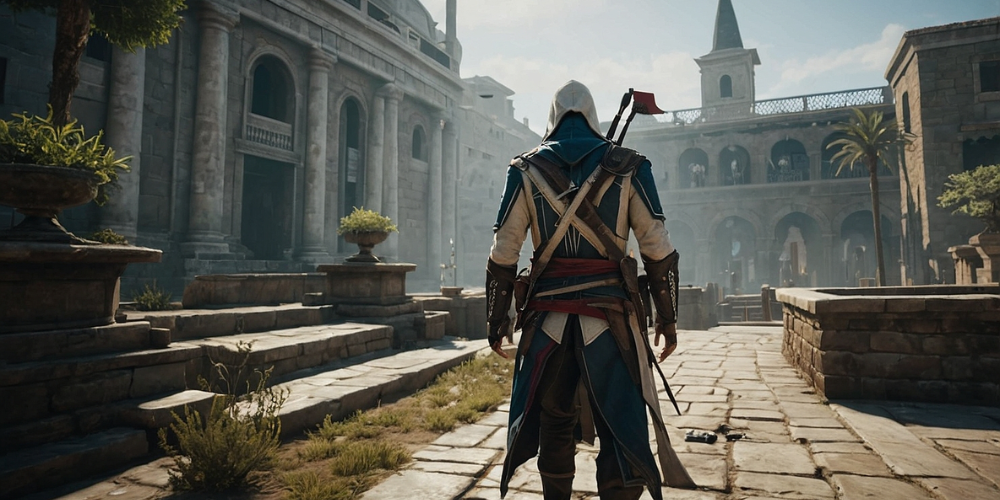
As a long-time fan of the Assassin's Creed series, I have often found myself fascinated by the blend of history and fiction that the games present. From the first title set during the Third Crusade to the intricately designed world of Ancient Greece in Odyssey, each installment has managed to immerse players in a period of history while intertwining an elaborate narrative. However, as I delved deeper into these games, a question began to loom larger: How accurate is the portrayal of history, and can it even be considered a reliable educational tool?
The Pillars of Historical Context
At the core of each Assassin's Creed title is its commitment to incorporating real historical events and figures. The developers at Ubisoft carefully research the time periods they aim to recreate, showcasing the major milestones and cultural narratives of the age. Each game feels like a time capsule, offering players a tangible glimpse into societies long past, complete with their triumphs and tribulations.
Research and Authenticity
To achieve this level of authenticity, the team behind Assassin's Creed typically employs historians and experts in relevant fields. They meticulously research everything from architecture and fashion to the societal norms of the time. For instance, during the development of Assassin's Creed II, the team traveled to Florence to study its architecture and landmarks, ensuring that the layout mirrored that of Renaissance-era Italy as closely as possible.
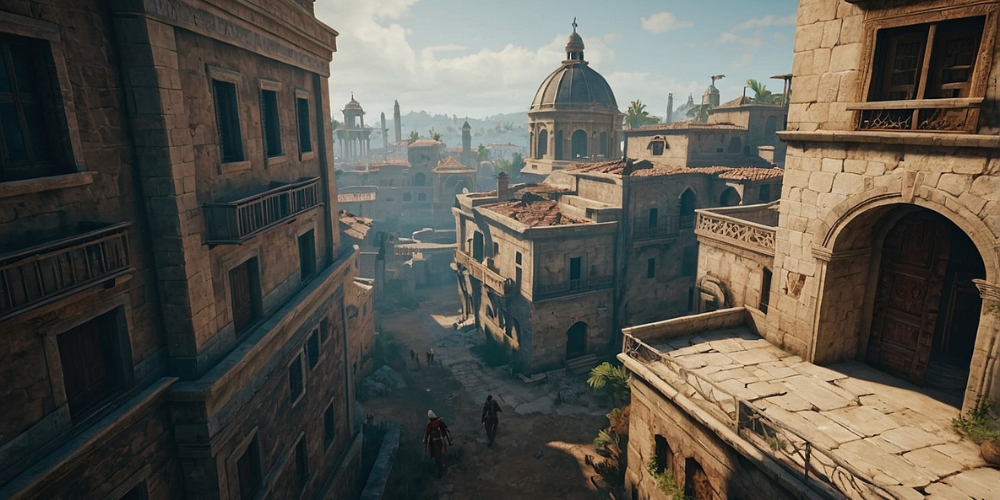
Artistic License in Storytelling
While the commitment to historical accuracy is admirable, there's no denying that creative liberties are taken. The series often intertwines fantasy elements with reality, crafting narratives around elements like the First Civilization and the ongoing battle between Assassins and Templars. These fantastical elements can sometimes obscure the historical context and confuse players about what is fact or fiction.
Character Immersion and Historical Figures
The protagonists in the Assassin's Creed series often interact with significant historical figures, creating a sense of immersion that captivates players. Characters like Leonardo da Vinci, Cleopatra, and George Washington are expertly woven into the narrative. The portrayal of these figures often emphasizes their historical contributions but sometimes deviates from their true stories for the sake of narrative flow. In this way, I find myself entranced by the personalities of historical icons, even if their depictions aren't entirely factual.
The Influence of Political Climate
As I played through various titles, I noticed how the games reflect the political climates of their respective periods. For example, in Assassin's Creed III, the tensions surrounding the American Revolution take center stage. The game critiques societal structures and power dynamics, allowing players to experience the tumultuous nature of the era. I found it intriguing how video games can serve as a medium for social commentary, albeit through a skewed lens that may not fully encompass the complexity of the historical events being portrayed.
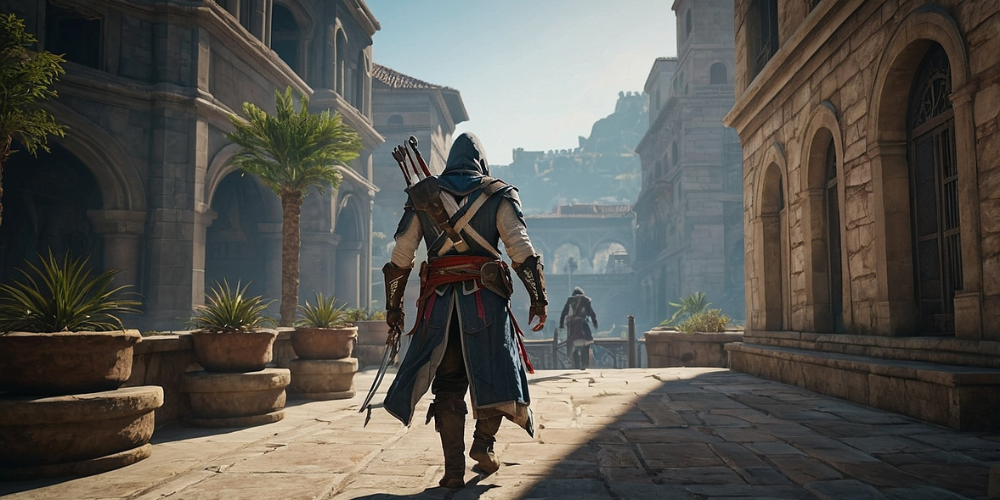
Impact of Cultural Representation
The Assassin's Creed series features diverse cultures, and with that comes the challenge of accurate representation. Each game captures unique customs, traditions, and belief systems. I appreciated the rich tapestry of cultures presented, but it also raises questions about the extent of authenticity. Some critics argue that the games often simplify complex histories, potentially reinforcing stereotypes. Navigating these portrayals can feel like walking a tightrope for developers striving to respect every culture represented.
Challenges of Chronological Accuracy
One aspect that I find particularly interesting is the series’ approach to chronological accuracy. Each installment covers different periods within the same universe, which can lead to disjointed narratives. For example, the timelines in Assassin's Creed: Revelations and Assassin's Creed: Origins represent vastly different historical contexts, yet are linked by overarching story arcs about the Assassin Brotherhood. Such fragmentation can occasionally lead to confusion regarding the precise historical timeline.
The Role of Technology and Architecture
The intricate architectural designs and technological advancements depicted in the series are another source of fascination for me. Buildings like the Colosseum in Rome and the Hagia Sophia in Istanbul are rendered with stunning detail, helping players to experience these marvels of human ingenuity firsthand. However, this leads me to ponder the extent to which the representation is accurate. In the interest of gameplay mechanics and visual aesthetics, certain elements may be exaggerated or simplified, potentially altering players' perceptions of historical reality.
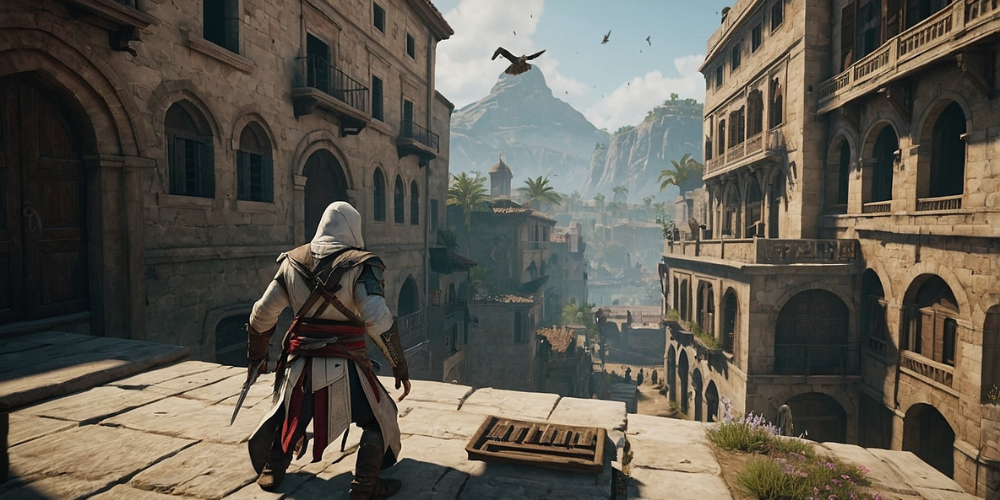
Gameplay Mechanics and Their Historical Context
The gameplay mechanics, such as parkour and combat techniques, also necessitate a level of artistry and adaptation. While the fluidity of movement in the games feels exhilarating, it likely deviates from historical techniques. In my exploration of ancient cities, I often wonder how individuals engaged in actual combat or daily activities compared to what I was experiencing in the game. These gameplay mechanics, while engaging, can contribute to misconceptions regarding historical practices.
Player Agency and Historical Narrative
One of the intriguing aspects of the Assassin's Creed series is the level of player agency. Players often find themselves making choices that influence the outcome of events within the game world. This feature prompts interesting discussions about the “what if” scenarios in history. Engaging with historical events from a player's perspective allows for a deeper understanding of the motivations and conflicts of the time, though I recognize it is ultimately a fabrication of historical fact.
Special Editions and Historical Features
Many of the Assassin's Creed titles come with special editions or supplementary content that delve deeper into the historical context. I have found these features, such as documentaries and historical databases, to be incredibly insightful. They often provide players with a more nuanced understanding of the events portrayed in the game, helping to bridge the gap between entertainment and education. These additional materials serve as a valuable resource for those interested in the historical figures and events that shape the narrative.
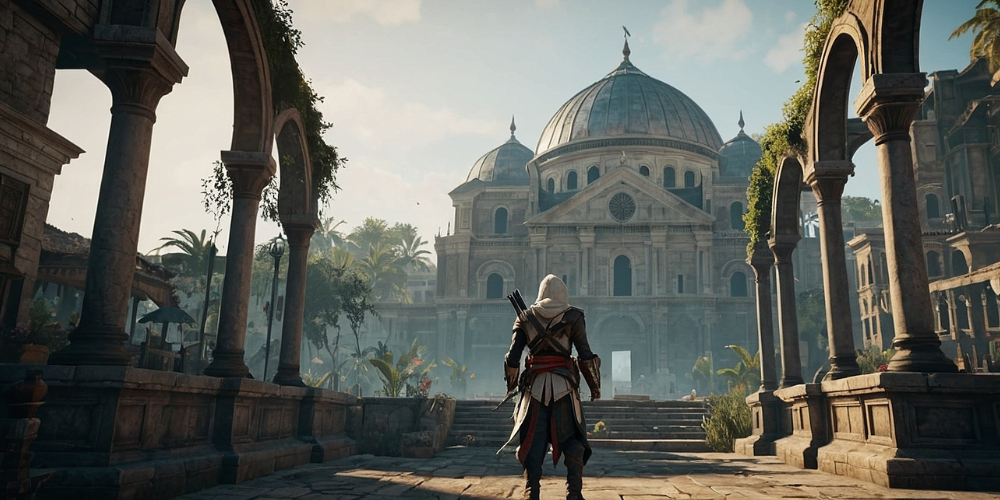
Reception and Critique of Historical Accuracy
The varying degrees of historical accuracy in Assassin's Creed games have always sparked debates among fans and historians alike. Some laud the series for its ambitious scope and engaging storytelling, while others criticize it for oversimplifying or misrepresenting certain aspects of history. Personally, I value the discussion that emerges from this dialogue. It prompts me to explore the real stories behind the characters and events presented, enhancing my appreciation for history beyond the screen.
Evolution of Historical Portrayal Across Titles
As I journeyed through the series, I noticed a clear evolution in how history is portrayed. The earlier games primarily focused on key events, while newer titles, like Assassin's Creed: Valhalla, adopt a more nuanced approach, intertwining personal narratives with complex historical frameworks. This evolution reflects a growing understanding of the importance of portraying history in multifaceted ways, accommodating diverse perspectives while allowing for deeper emotional connections with the characters.
Influence on Popular Culture and Historical Awareness
The Assassin's Creed franchise undoubtedly impacts how players engage with historical narratives. Whether or not they serve as accurate depictions, the game's allure has spurred increased interest in specific historical periods. I've engaged in conversations and explorations that I might not have delved into otherwise, thanks to a simple video game. This phenomenon illustrates the potential of interactive media as an educational tool, prompting players to research and discuss the real-life events and figures that shaped our world.
The Balance Between History and Fantasy
Ultimately, what fascinates me most about the Assassin's Creed series is the delicate balance between historical accuracy and fantasy. The ability to interact with figures from the past while navigating complex narratives creates a unique experience that has captivated millions of fans worldwide. Although it might blur the lines between fact and fiction, I believe it serves as a springboard for exploring history, inviting players to question, learn, and discover more about the world they inhabit.